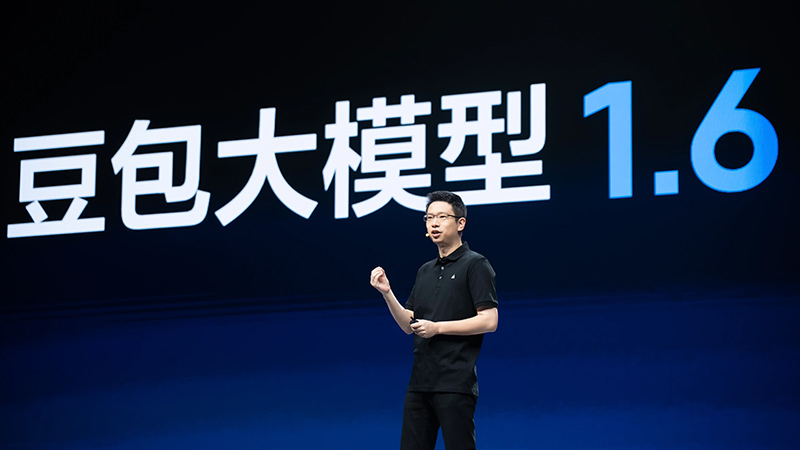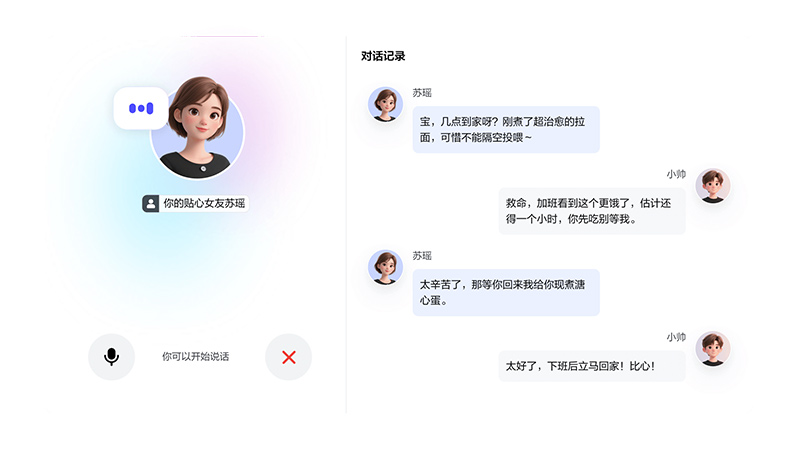
The modern LLM war began with one spark, before hell broke loose.
When OpenAI unleashed ChatGPT, it didn’t just start a trend; it ignited an arms race. Silicon Valley turned into a battlefield of intelligence models, where every month brought something faster, smarter, and more human. Microsoft bet on OpenAI, Google scrambled with Gemini, and Anthropic joined the fray.
Generative AI was no longer a curiosity. It was power.
Across the Pacific, China was quietly building its own army. Giants like Baidu, Alibaba, and Tencent launched their respective models, each racing to become the nation’s equivalent of ChatGPT. But it wasn’t until early 2025 that a shockwave truly hit the system: when an upstart from Hangzhou called DeepSeek suddenly stole the spotlight.
DeepSeek’s arrival changed everything. Its open-weight DeepSeek-R1 model proved remarkably capable, and for a moment, DeepSeek was unstoppable, hailed as China’s proud answer to Silicon Valley’s dominance. The West watched in surprise; Beijing watched with pride.
But the flame burns fast.
While DeepSeek was basking in global attention, another giant was preparing a counterstrike. And this time, it's ByteDance, the parent company of TikTok and Douyin.
Its own AI assistant, called Doubao, had been quietly gaining traction since launching in 2023. And when the dust caused by DeepSeek settled, ByteDance proved that the real power in AI wasn’t just innovation, it was aggression.

By mid-2025, Doubao was China’s most popular AI app, hitting 157 million monthly active users, far surpassing DeepSeek’s 143 million.
More importantly, it became the country’s dominant LLM ecosystem. ByteDance’s cloud arm, Volcano Engine, revealed mind-bending usage: Doubao was processing over 30 trillion tokens every day. This number is more than double its March average, and enough to rival some of the world’s biggest AI platforms.
ByteDance’s strategy was clear: attack on all fronts.
Technically, it rolled out 'Doubao 1.6'. introducing a “thinking length” feature that let enterprises balance reasoning depth, latency, and cost. Economically, it slashed API prices by 99.3%, sparking a national price war that left competitors gasping. And strategically, it leveraged its vast ecosystem, ranging from Douyin, Toutiao, and its content-driven recommendation network, just to put Doubao directly into users’ daily lives.
Where DeepSeek relied on novelty, ByteDance relied on reach.
That ecosystem advantage became Doubao’s secret weapon.
Integrated across ByteDance platforms, the chatbot wasn’t just an app. Doubao was a built-in assistant threaded into hundreds of millions of interactions. Its multimodal design allowed text, image, and voice processing, and its upcoming text-to-video feature hinted at deeper integration with ByteDance’s creative tools.
Meanwhile, DeepSeek stumbled. Development of its R2 model hit delays, reports surfaced of hardware shortages and Huawei chip reliance, and regulatory scrutiny abroad intensified. Western authorities flagged security concerns; Germany moved to restrict its app distribution. The Cinderella story that had dazzled Silicon Valley began showing cracks.

In contrast, Doubao only accelerated. It rose quietly, relentlessly.
ByteDance turned its LLM project into a war machine of scale, speed, and affordability. It wasn’t just competing with DeepSeek; it was consuming the market beneath it. In China’s surging AI economy, where token consumption doubles every few months, ByteDance’s combination of data, infrastructure, and user engagement made it almost untouchable.
DeepSeek may have stolen the spotlight, but ByteDance stole the market. Its sheer aggressiveness at all fronts, from pricing, deployment, and iteration, has proved decisive.
And in the grand theatre of AI, that kind of relentlessness often matters more than brilliance alone.
The LLM war isn’t over, not by a long shot.
But as of now, ByteDance’s Doubao stands as the clearest sign that China’s AI future will be shaped not just by who builds the smartest model, but by who dares to move the fastest, strike the hardest, and dominate on every front.
